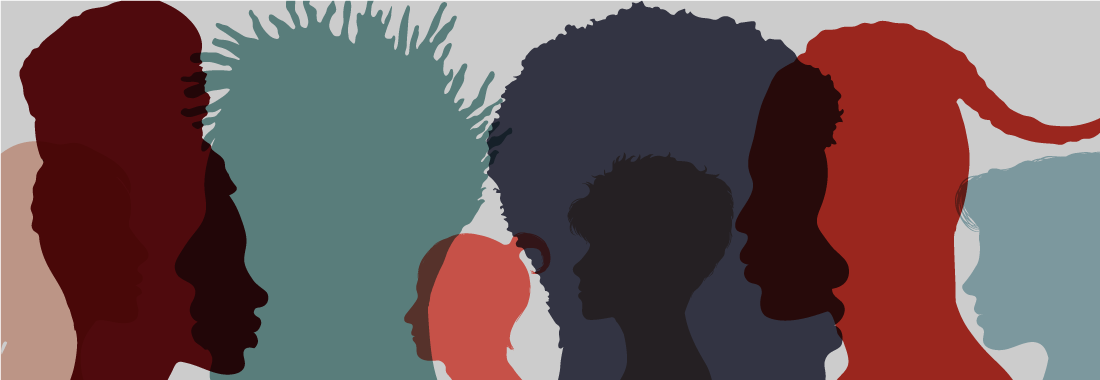Author: Dr. Jennifer Harrison, Warren Community College
How culturally aware and sensitive are you? If you’re open to fully understanding what biases you may hold, I bet these past few years have probably been challenging. Perhaps these last few years have opened your eyes to the concerns of minorities in the United States.
So, what can be done? Is being culturally aware or sensitive enough? Is checking your unconscious/implicit biases enough? It hasn’t been enough so far.
The Cycle of Inaction
I recently came across an Instagram post written by, Danielle Coke, a young Black American woman. She challenged those of us who consider ourselves allies to take action.
Her post showed “The Cycle of Inaction,” which conveyed how many of us have felt while watching horrific injustices take place in our country.
These injustices kick off a cycle of responses, beginning with shock and confusion, emotional response, performative ally-ship, guilt and fatigue, inaction and passivity and finally, apathy. Then, the cycle starts again after the next horrific injustice occurs.
The Cycle of Action
However, Coke also provided a new idea, “The Cycle of Action,” in which she suggests instead of continuing in this cycle, we should be aware of how we feel when a horrific injustice takes place.
Rather than being overtaken by shock and confusion, we should acknowledge the systematic oppression, then our emotional response can be empathetic and compassionate. This will lead to the rejection of putting on an act of being an ally, and instead create real action.
Then, if we are faced with guilt and fatigue, we reevaluate the needs of those being oppressed. We must also remember that inaction is detrimental to justice, and that apathy is the antithesis.
Her post really resonated with me as I consider myself to be an ally. I thought about this cycle and the part I’ve played in it.
I must admit, I don’t fully understand what it is to be a minority. Even though I am of Hispanic descent, I look very white. However, I do understand I can educate others to really comprehend what’s happening in the world today and hopefully, if enough of us fight for change, it will happen.
Being a culturally responsive educator can positively impact your students. Get started with these strategies from instructor Essie Childers—especially helpful if you’re teaching in an online environment.

